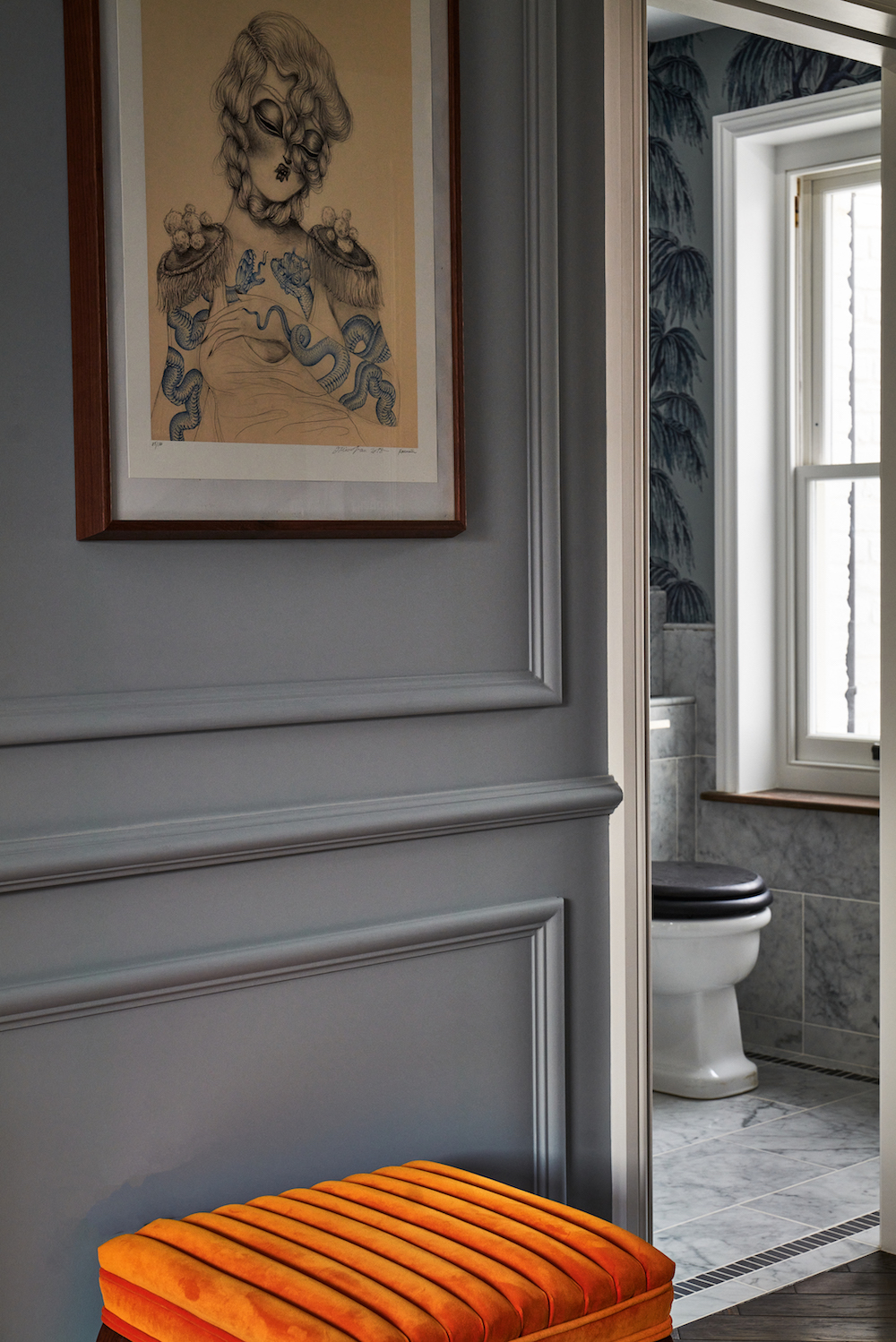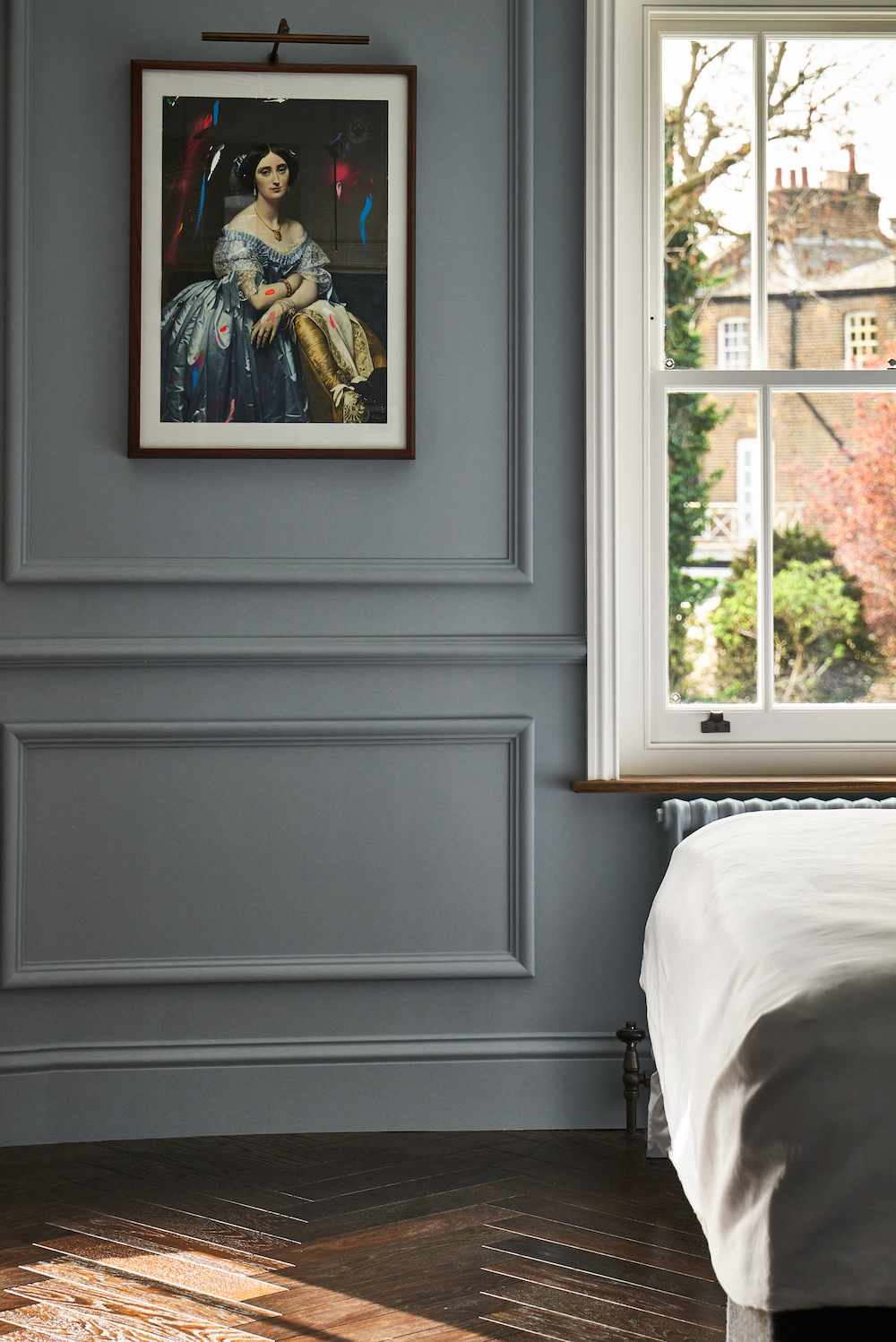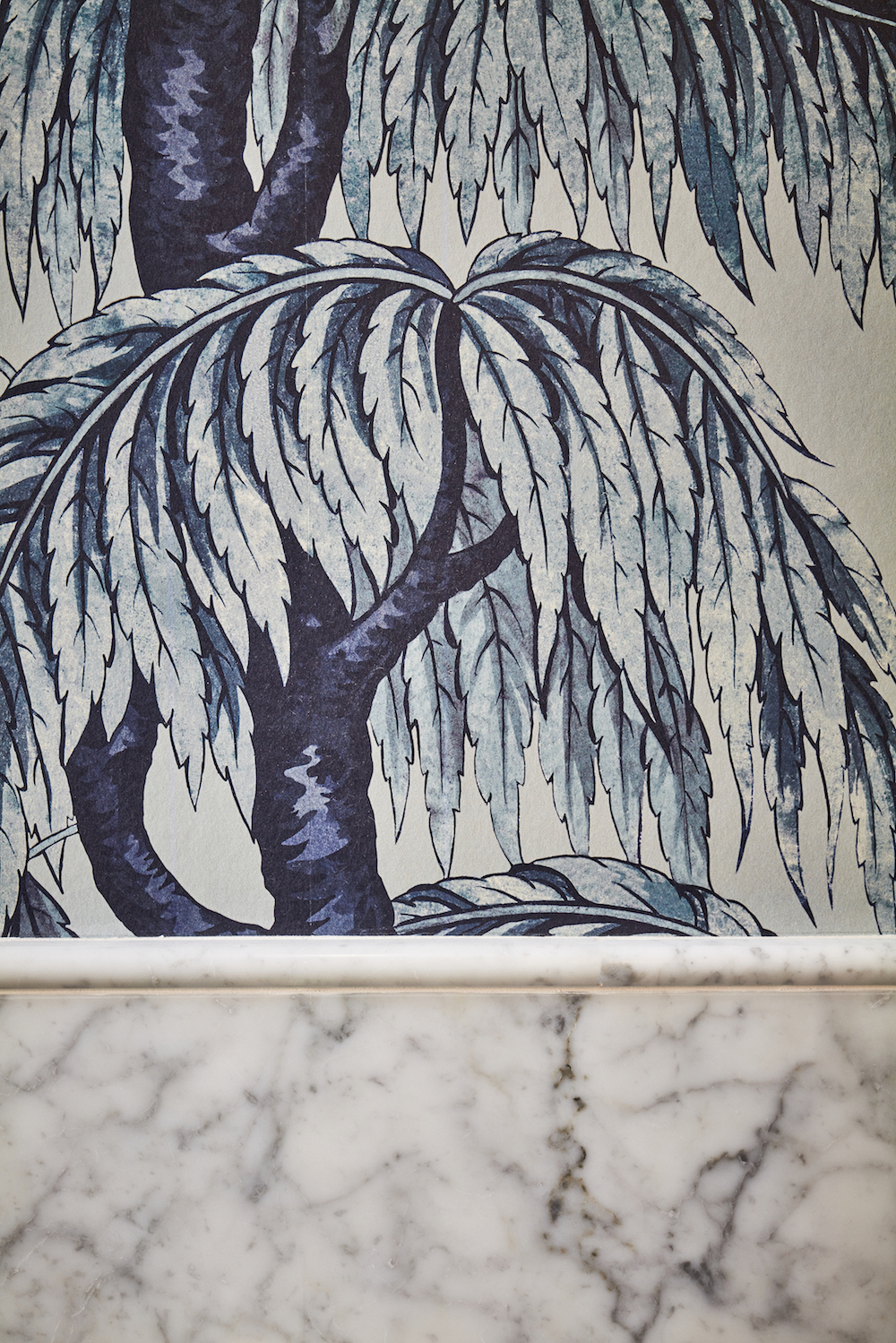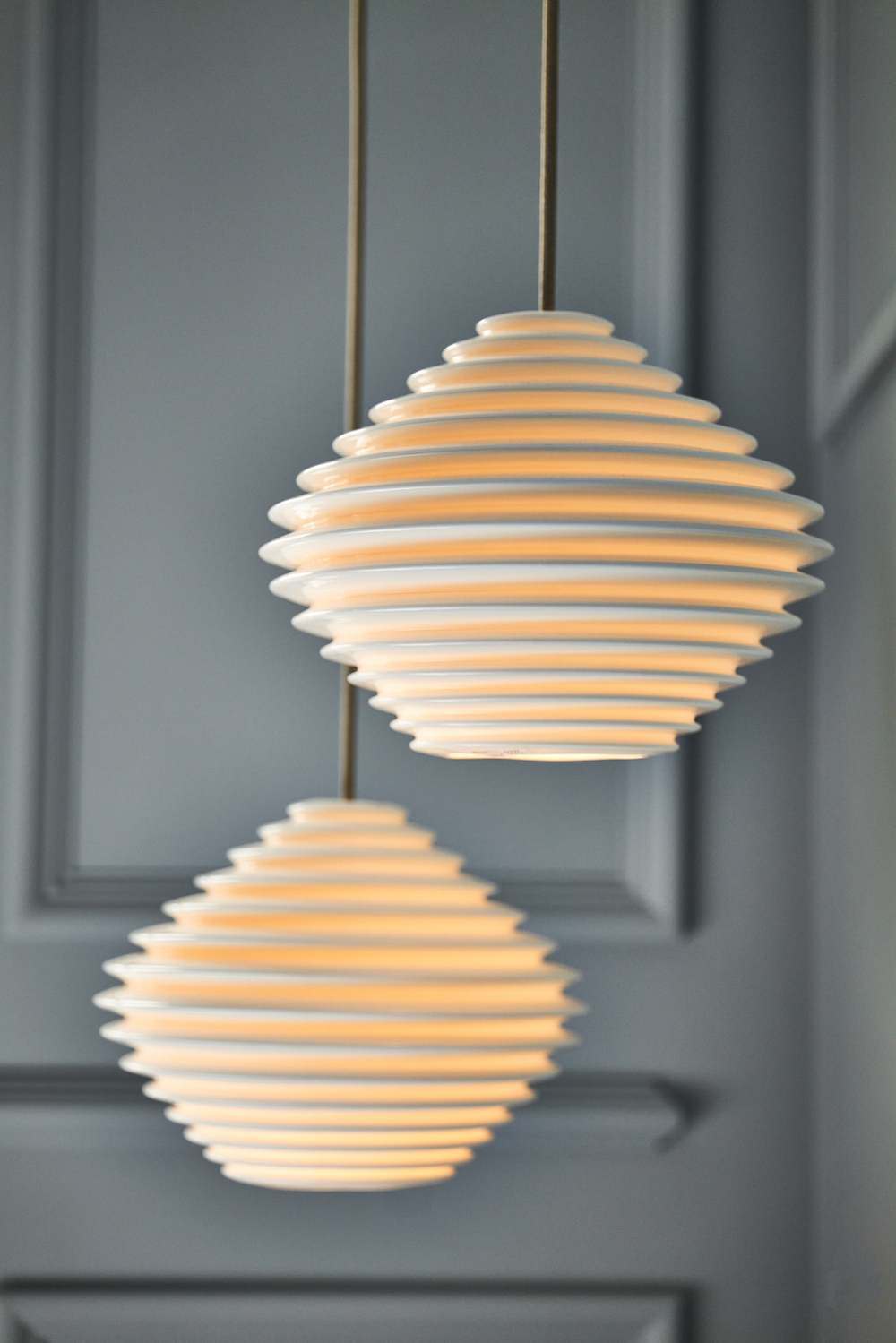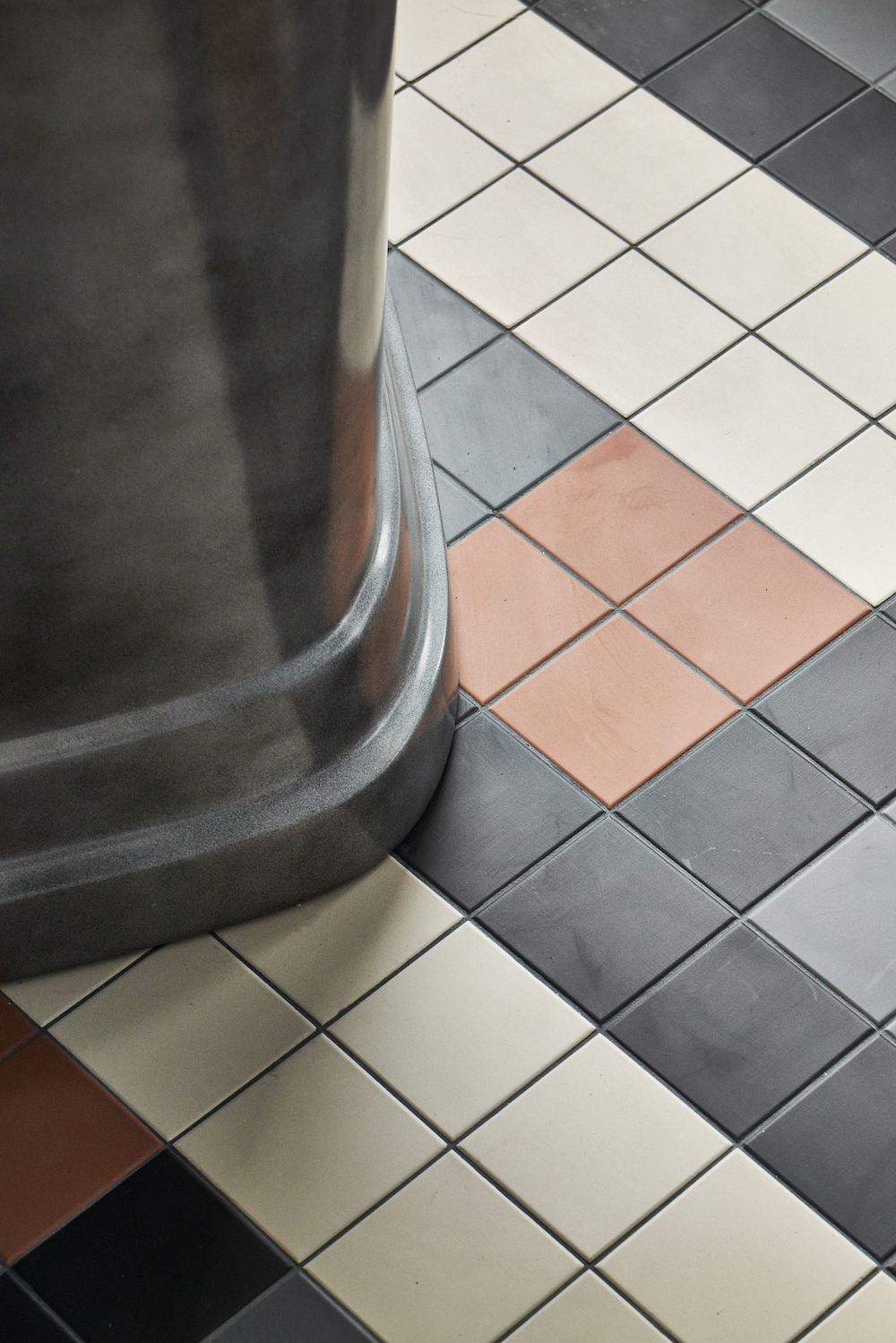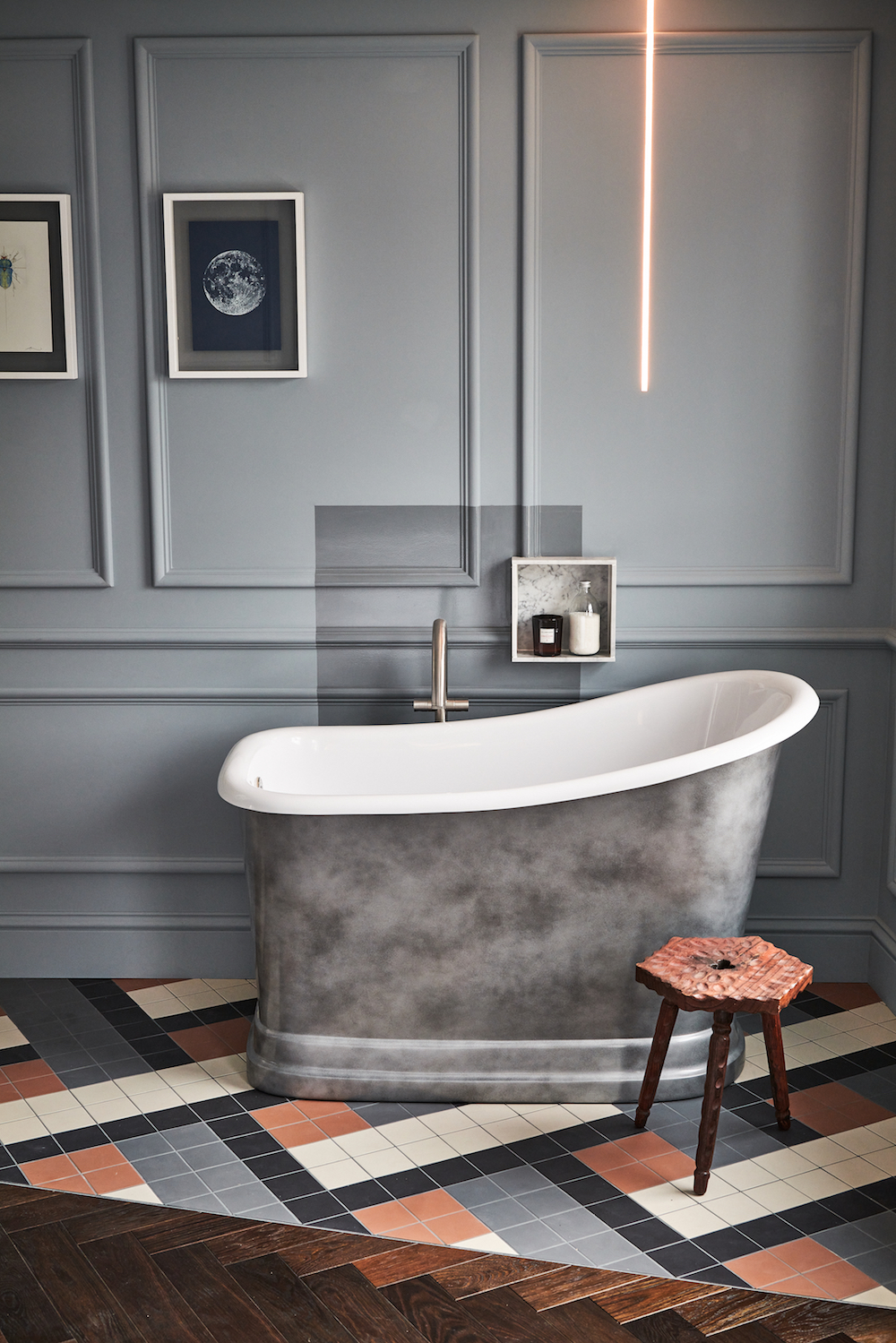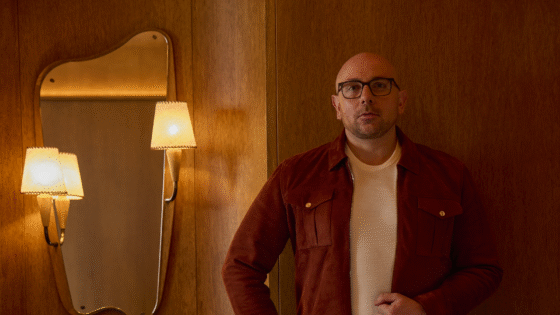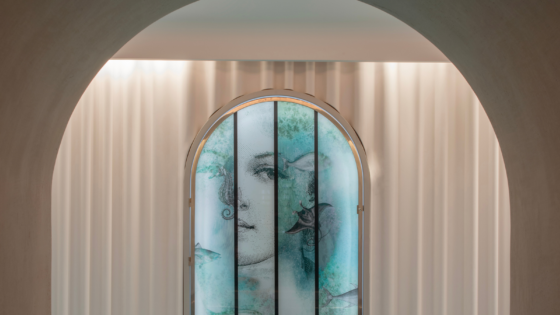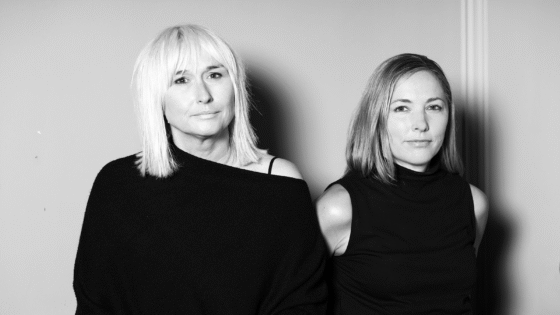In an exclusive interview, editor Hamish Kilburn meets Alex Tredez, the lead designer of The Lost Poet, a new boutique hotel that shelters oodles of quirky and local personality. Ahead of it opening as a ‘modern interpretation of a traditional guest house’ on London’s Portobello Road, we took a sneak peek inside…
“We felt that there was a gap in the market for accommodation which offers high quality service, attention to detail and professionalism synonymous with the hotel experience – but also offering an authentic local experience which guests love about Airbnb-like residences,” Alex Tredez, lead designer of The Lost Poet, explains to me as we start to discuss one of West London’s most anticipated hotel openings this year.
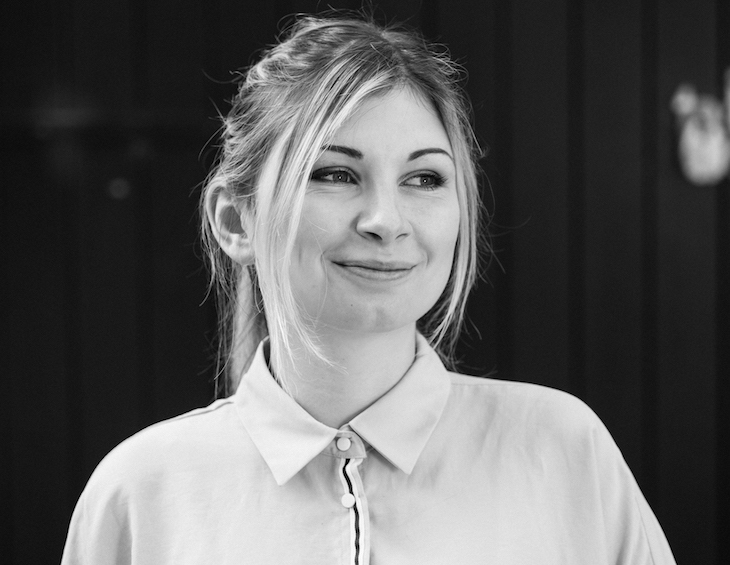
Deeply rooted in its surrounding area, The Lost Poet, a hotel that is expected to open its doors this month following much anticipation, comes from the team at Cubic Studios – a local property design studio, born and bred in Notting Hill. The townhouse, located at Number 6, Portobello Road in London’s quaint Notting Hill neighbourhood, is a poetic love letter to the area, celebrating its creativity and dynamism through four individually designed bedrooms. The design harnesses the colour and playful curiosity of Portobello Road and takes inspiration from the market, mixing the old with the new. I was lucky enough to see beyond the colourful sketches to get a sneak peek and interview with the project’s lead designer.
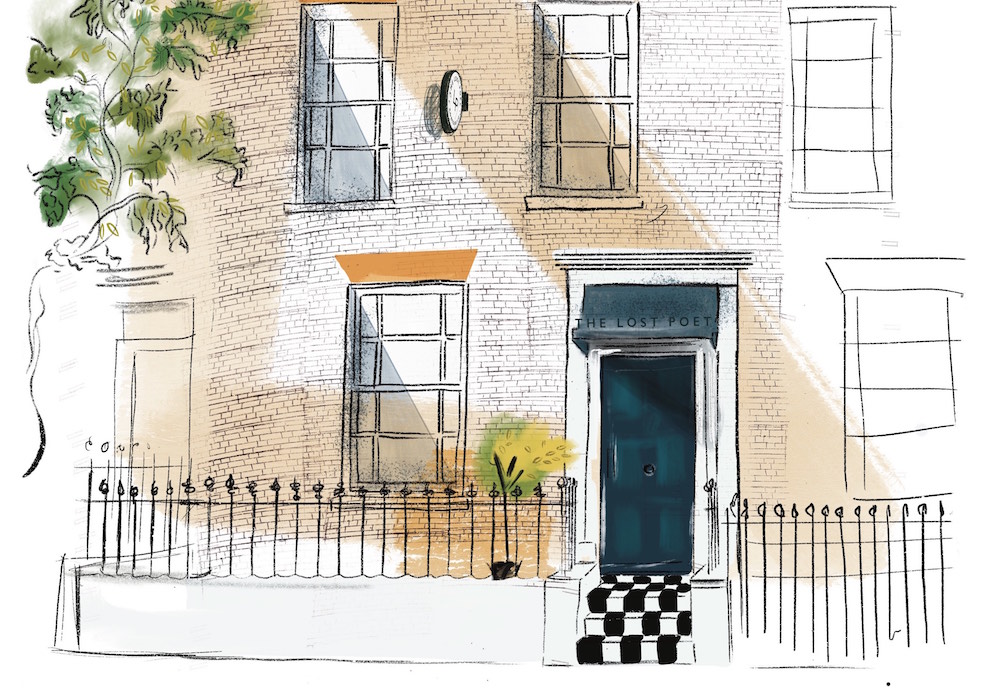
Image caption: An illustration of the exterior of the hotel
Hamish Kilburn: How will the hotel’s design challenge conventional London hospitality?
Alex Tredez: The Lost Poet is a modern interpretation of a traditional guest house. As far as we know, there is nothing quite like it.
We felt that there was a gap in the market for accommodation which offers high quality service, attention to detail and professionalism synonymous with the hotel experience – but also offering an authentic local experience which guests love about Airbnb-like residences.
It’s a concept that we thought is perfect for a city stay as it gives the traveller the best of both worlds. The guest house is an experience / destination on its own but it’s also very much rooted in the local area. The idea was to create accommodation for those who want to explore and experience the neighbourhood but also want a comfortable and characterful space to retreat to and relax in. Notting Hill is such a lively area with so much to offer we’d like to think we can encourage guests to explore it and enjoy.
The small scale of the property and technology used through-out give the guests maximum privacy and flexibility. For example, the online check-in feature allows the guests to submit necessary information ahead of their stay, keyless access enables them to open the accommodation simply using their mobile phone. No matter what time the guests arrive at the property they are able to just walk in straight into the room. The receptionist and online support are there to answer any queries and provide assistance. The guests are free to have as little or as much face to face contact with the guest house staff as they choose.
We believe it is The Lost Poet’s unique mix of qualities is what will challenge the conventional hospitality.
HK: With so much history in that area of London, how did you narrow down the interior design scheme?
AT: Embracing the rich history and character of the area was a huge part of the brief and a challenge we very much enjoyed. We felt it was important for this rich mix of culture and history to translate into the interiors. Our other objective was for the scheme to feel coherent and polished and have the same attention to detail that we strive to achieve on our residential projects. Having worked in Notting Hill for many years, this project is close to our hearts.
The iconic pastel terraces of Portobello and nearby roads definitely inspired us. For this we drew from the classic proportions and timeless elegance of Georgian buildings in Notting Hill. Their construction uses a limited palette of materials such as yellow brick, stucco and stone and is what gives these streets coherence and harmony. However, instead of using a complex multi coloured palette throughout the property we decided to use different palette for each room. Our objective was to convey the vibrancy and playfulness of the area in The Lost Poet as a whole but have each bedroom feel more tranquil creating for the guests a welcome break from the surrounding bustle.
Using the colour as the tool adding individuality to the rooms also allowed us to use same architectural features and a similar overall design approach in each room so that they all feel like they belong in the same property but also have individual character.
“We opted for mid tone and dark wood to add warmth and really tie the antique and retro furniture together.” – Alex Tredez, lead designer, The Lost Poet.
- Image credit: The Lost Poet
- Image credit: The Lost Poet
For eclectic and layered interior we used a mix of elegant classical inspired detailing and proportions, luxury traditional materials, modern forms as well as contemporary patterns. We opted for mid tone and dark wood to add warmth and really tie the antique and retro furniture together. Reclaimed and natural materials add comfort and create domestic/ informal feel. Asymmetrical balance adds playfulness, visual interest and relaxed vibe.
HK: How do you predict the pandemic will change the way modern travellers explore?
AT: The pandemic has made many people really think about the way we travel and why we travel. We suspect it will change the way we explore. For starters, customers will put extra value on smart solutions such as online check-in and keyless access which can add the feeling of safety as well as flexibility. Travellers are looking for a more personal connection which values quality over quantity. Bespoke and meaningful experiences will be even more valued and by a wider portion of the market – the discerning traveller will make conscious choices, people having to really research and plan, less impulse decisions. Travellers may be willing to stay in one place for longer. For us this means longer stays, taking things at a slower pace which in turn means more time to explore the area. Guests are more conscious about sustainability, and we expect to see an increase in eco and wellness tourism.
I also think that we may see an increase in last minute bookings – still considered plans but confirmed shorter lead times than what the industry standard was in 2019.
- Image credit: The Lost Poet
- Image credit: The Lost Poet
HK: What’s the scene like on Portobello Road?
At the moment? We are happy to see many restaurants and bars are and have been adapting well. We are seeing increased number of al-fresco dining and dining options. Some businesses have been burned though the pandemic and have since blossomed (just one example is Buns from Home).
In general? We love that there are so many small businesses and restaurants on the street. You can wine and dine here for a week and not have to go to the same place twice. You can find everything from Moroccan sweets, through to Michelin starred restaurants as well as highly specialised vendors (vintage glasses, unique blends of tea, bespoke perfume etc).
HK: Now more than ever design and service must answer each other. How is this the case inside The Lost Poet?
AT: The Lost Poet thrives on its attention to detail. Since the inception of the design phase of the project to the thought put into the guest experience, the devil has been in the detail. The Lost Poet is Cubic’s love letter to Notting Hill, it’s part of the community, in the coolest neighbourhood in London. We want our guests to experience that, to feel and love the quirkiness and the friendly embrace of Portobello. The design of the rooms is intended to feel like home, we want our guests to be able to come ‘home’ to The Lost Poet and the end of their day. The service will be reflected in that. We only have a few rooms so which allows us to provide a much more personal experience and adapt to ever-changing guest needs. Everything from toiletries to our seasonal breakfast offering has been carefully considered.
“We know how we arrived at the name but feel that just like with poetry sometimes it is best to leave these things open to interpretation.” – Alex Tredez, lead designer, The Lost Poet.
- Image credit: The Lost Poet
- Image credit: The Lost Poet
HK: How do the bathrooms inside the property go beyond just being practical spaces?
AT: We have put a lot of thought into making sure they are very special, each bathroom is as unique to the room (different finish on the sanitaryware, different wallpapers, different layouts). We have closely considered how guests would get ready and added seating where possible and wall lighting to help elevate this experience, creating a beautiful space where you can still enjoy your daily rituals. We wanted to create that ‘wow’ moment and the special feel you’d expect from a luxury spa with loads of added character to match the feel of the property.
HK: Who is ‘the lost poet’?
AT: Notting Hill is said to have had an artistic association since the end of 19 century, we feel it’s still very prominent. You can feel it in the area and we love it and think it is one of the things that makes it so special. We know how we arrived at the name but feel that just like with poetry sometimes it is best to leave these things open to interpretation…
Main image credit: The Lost Poet

